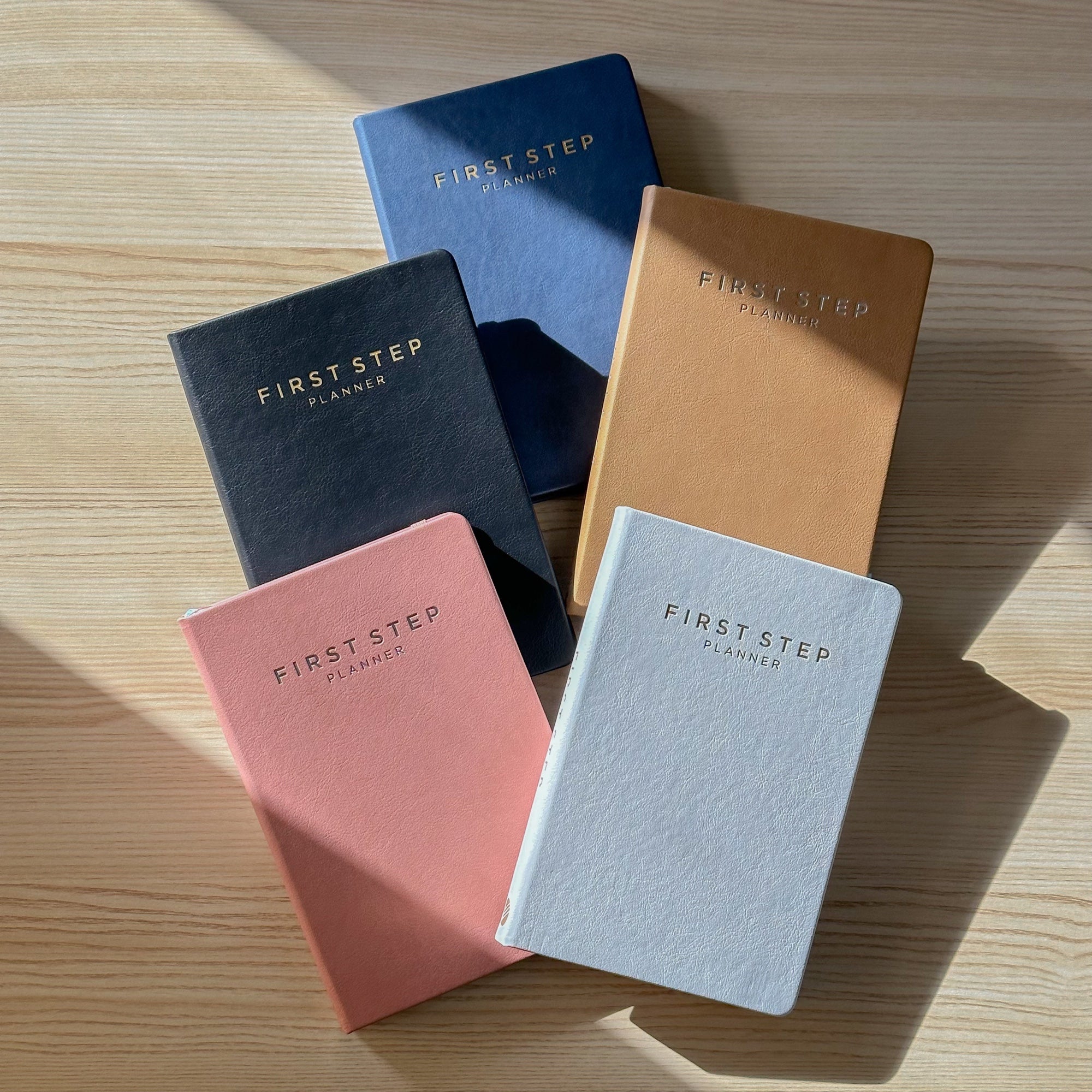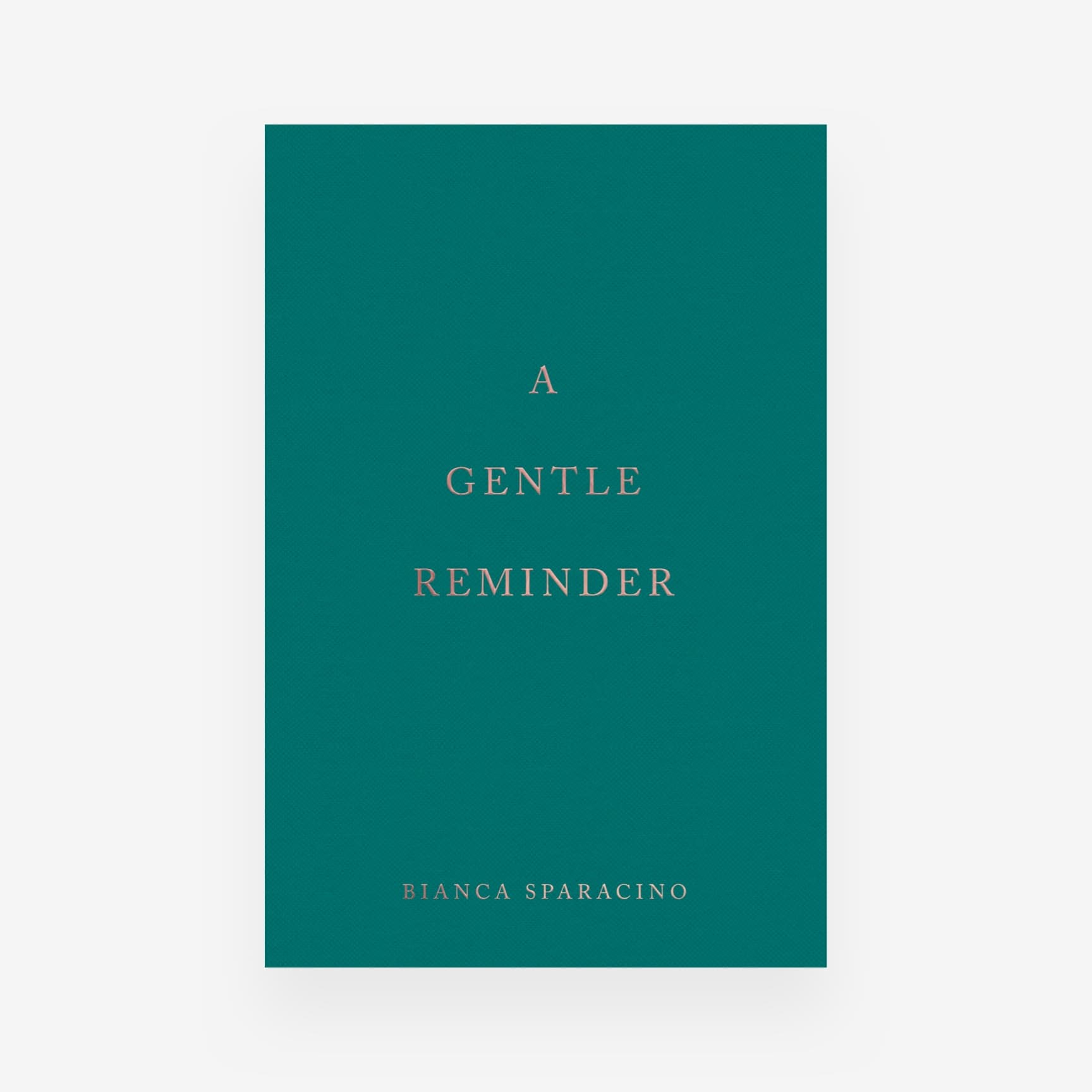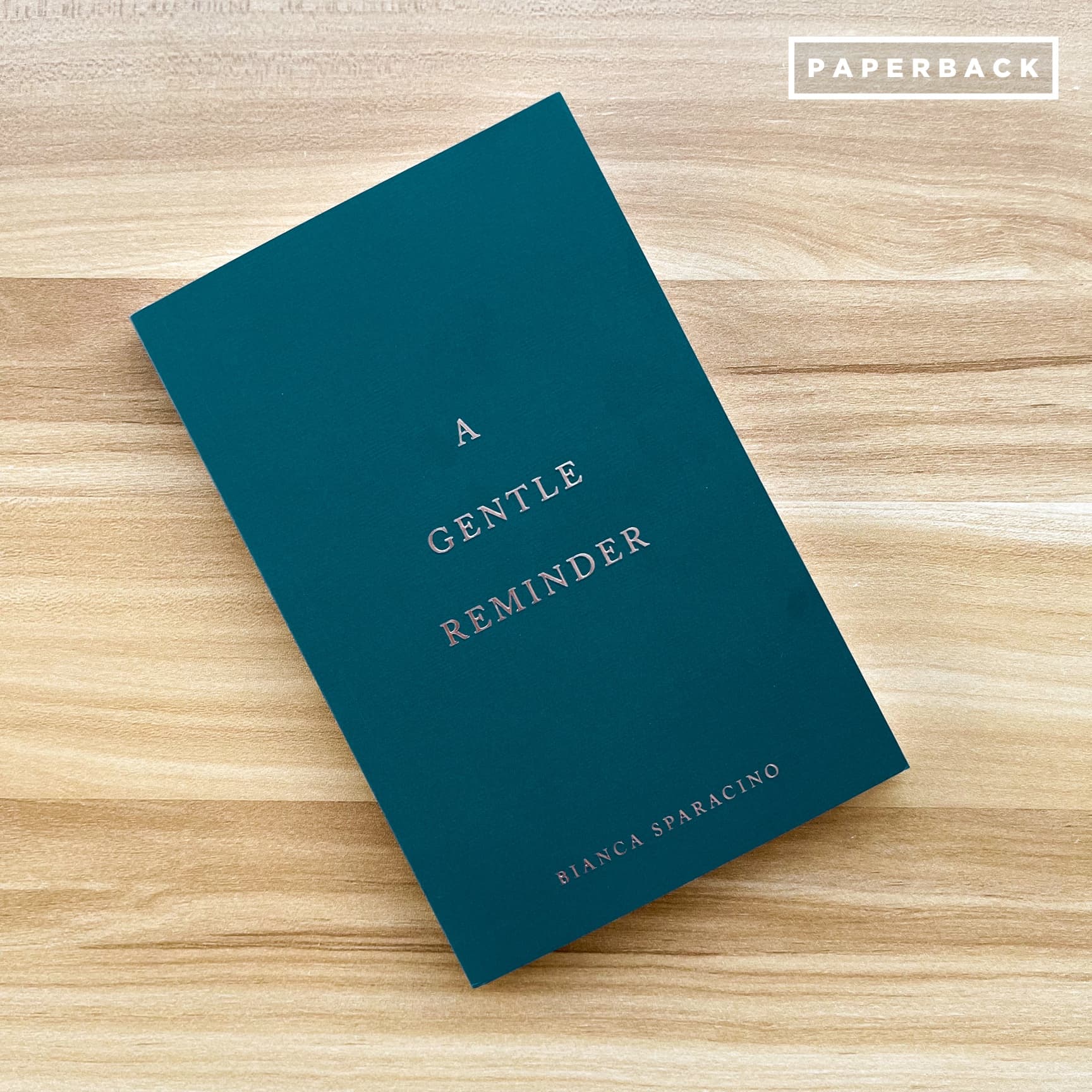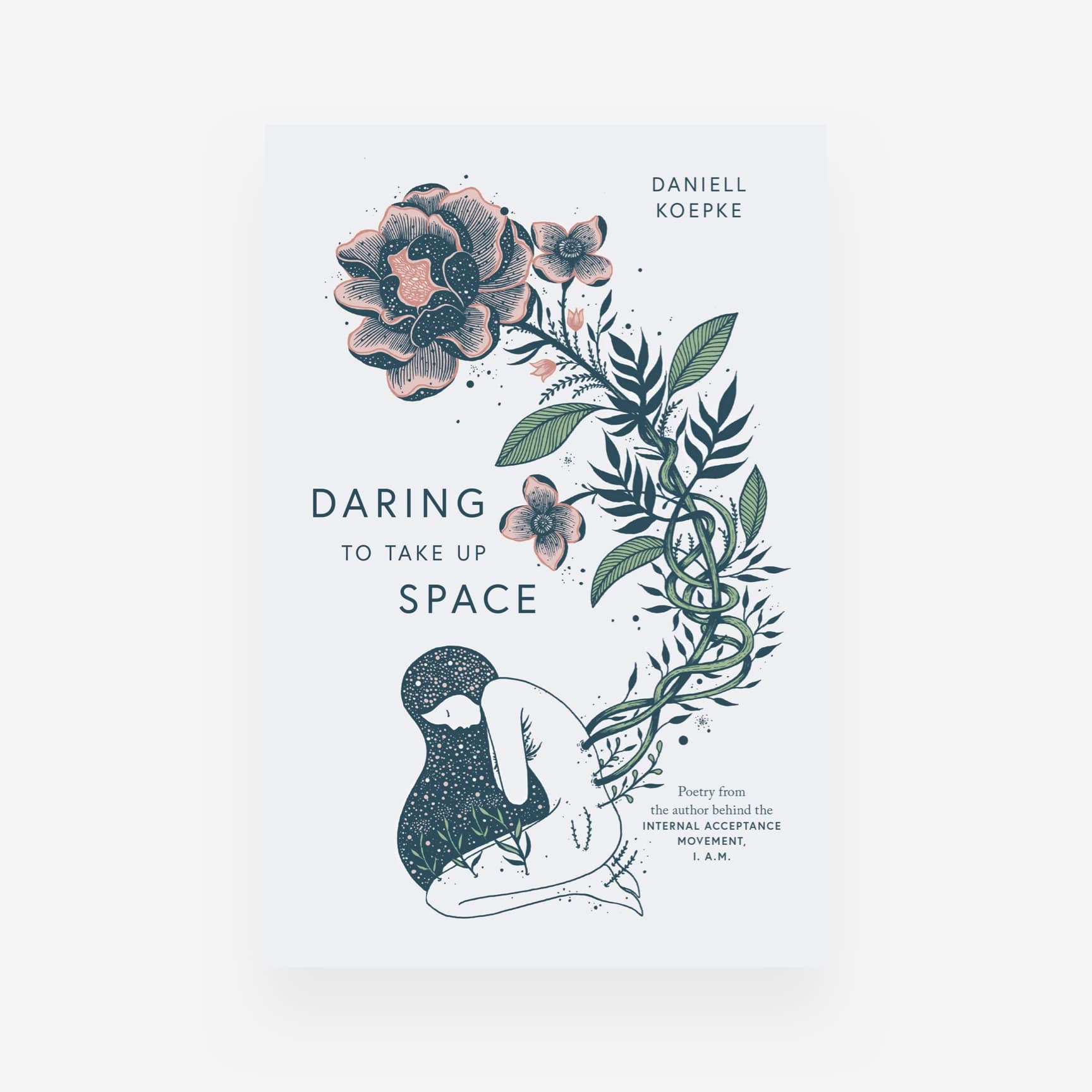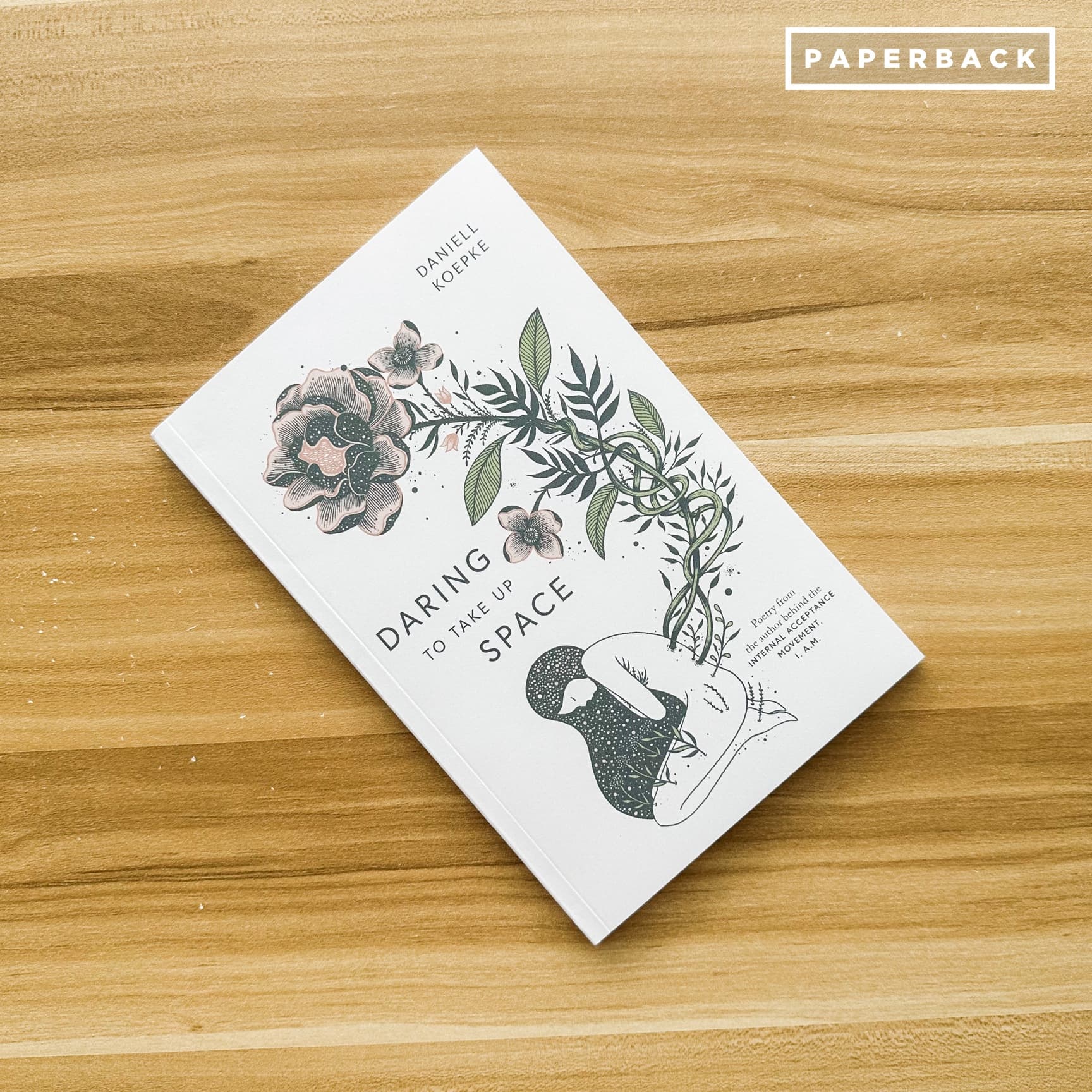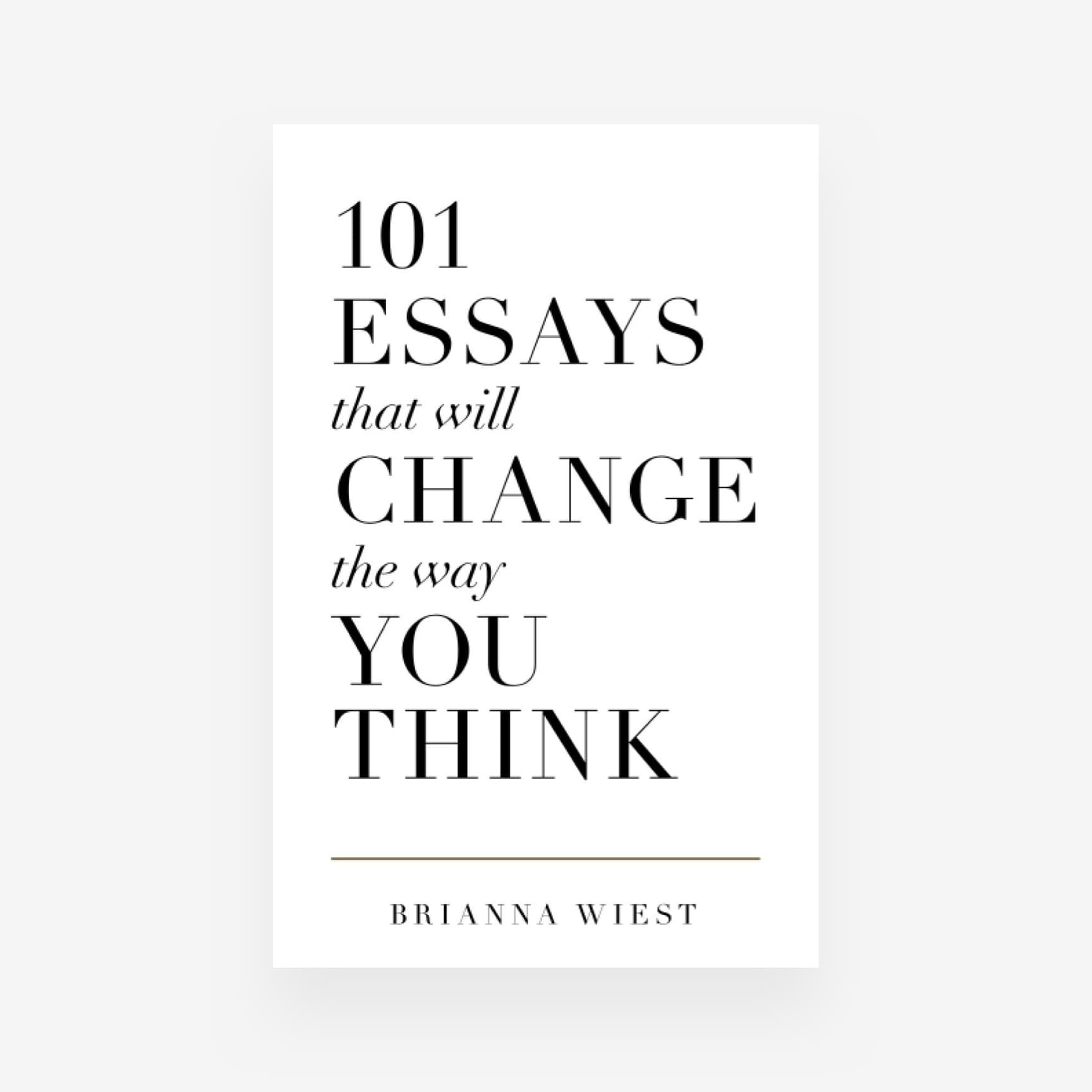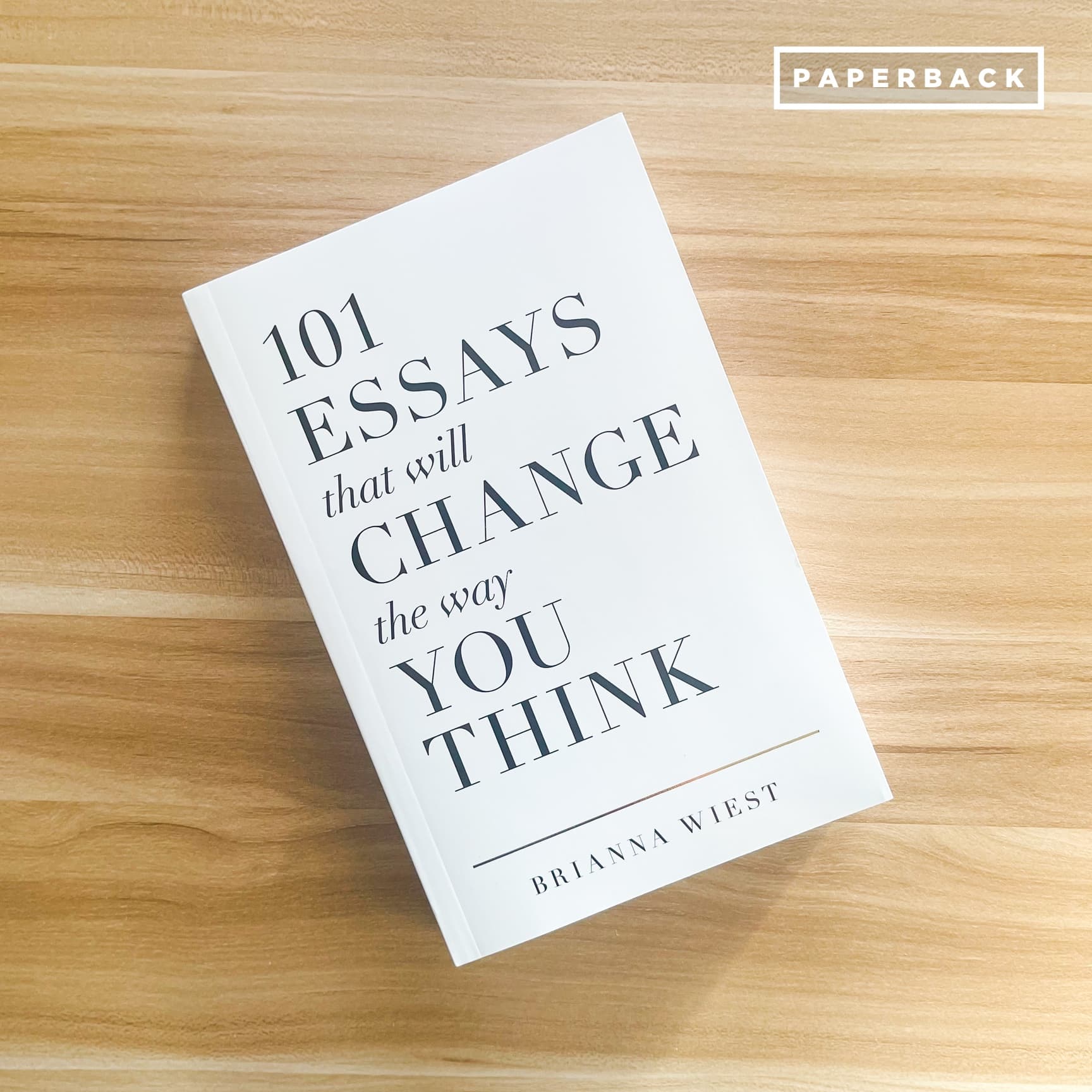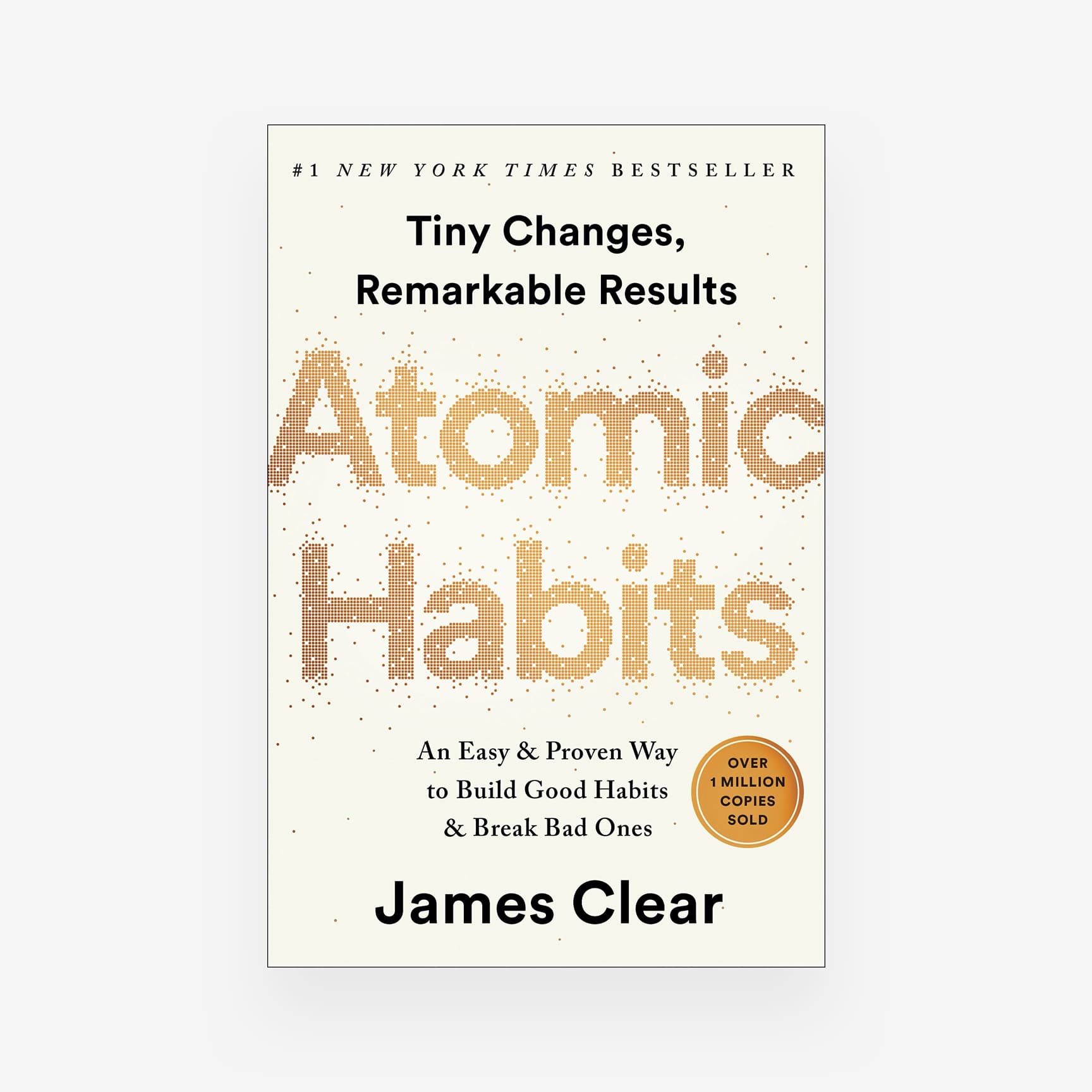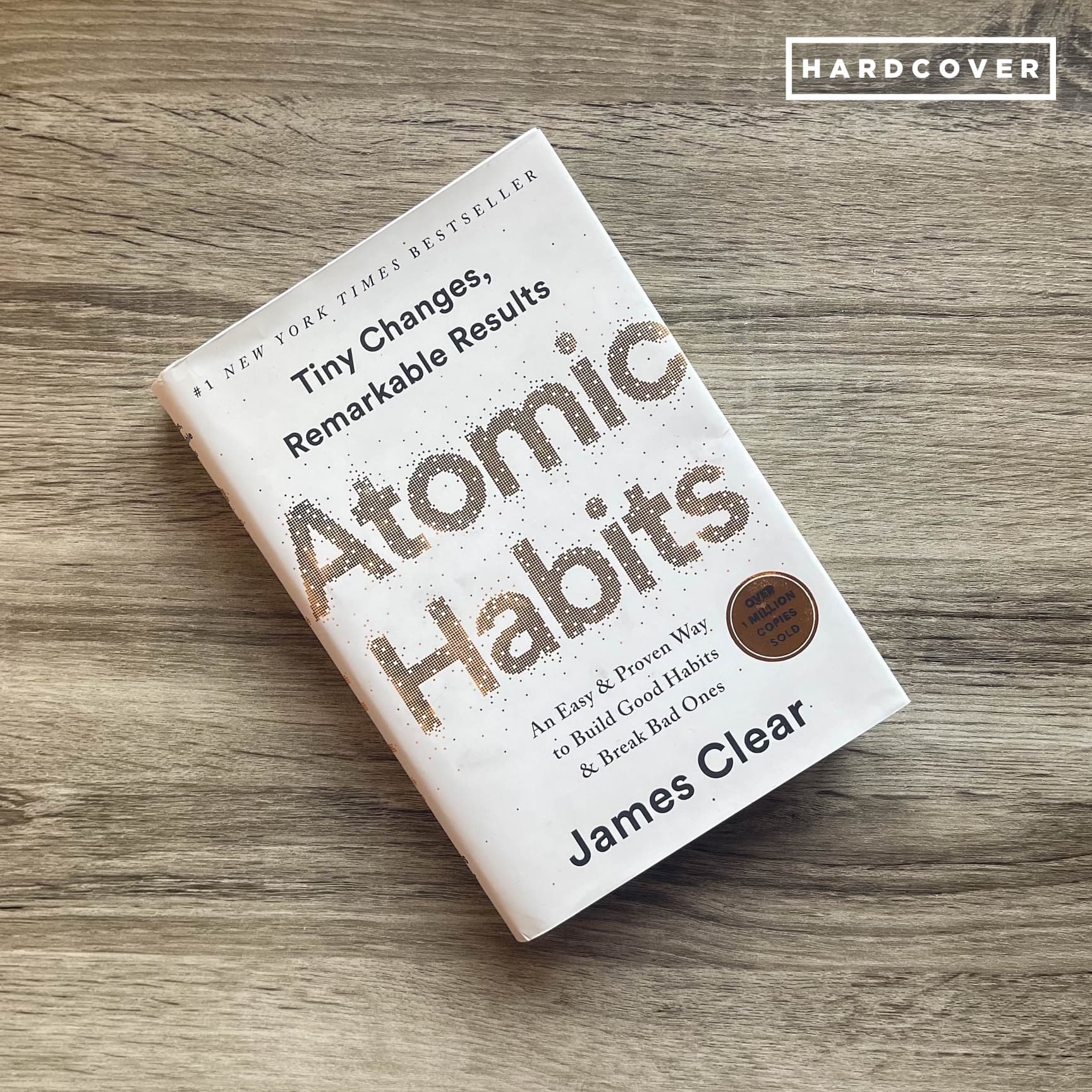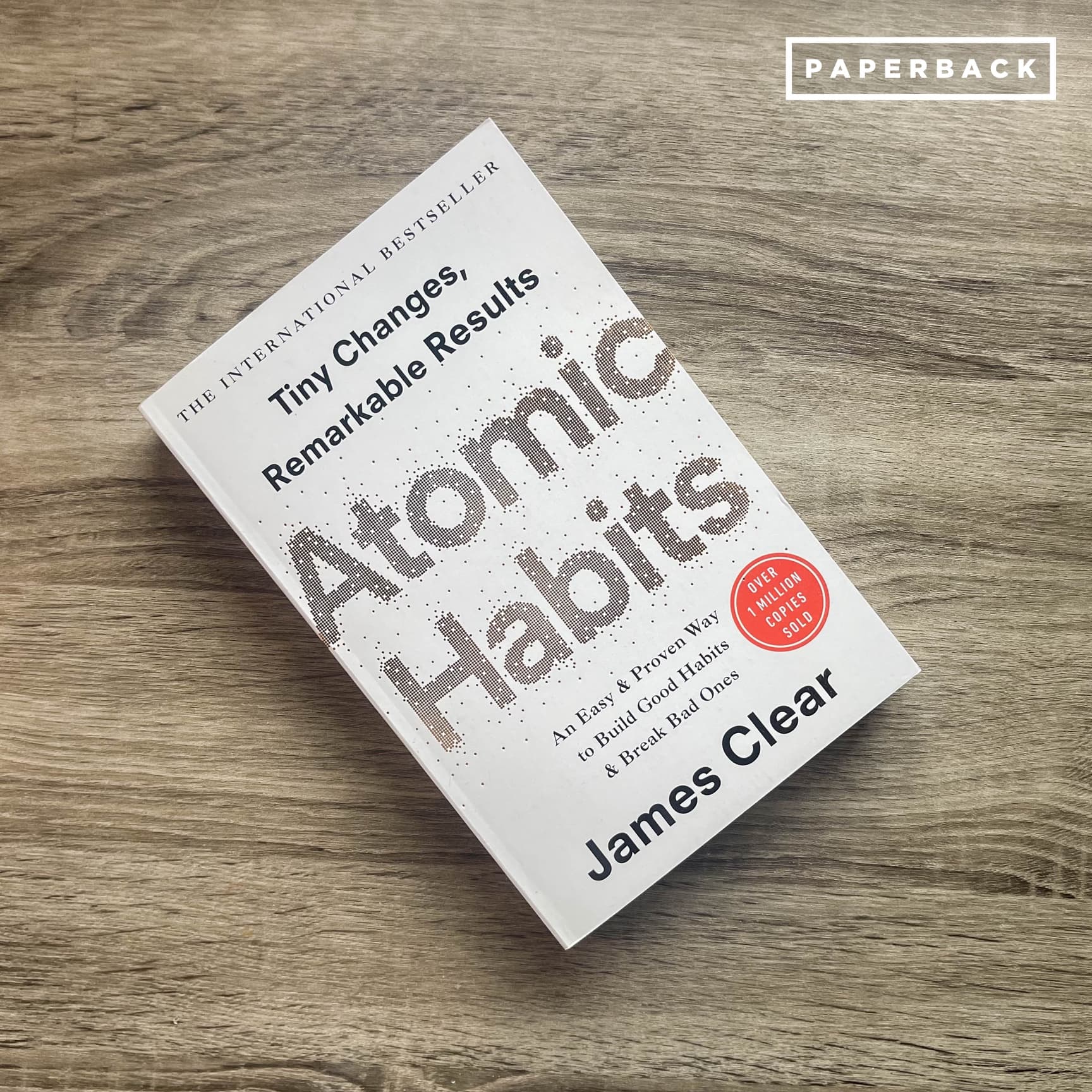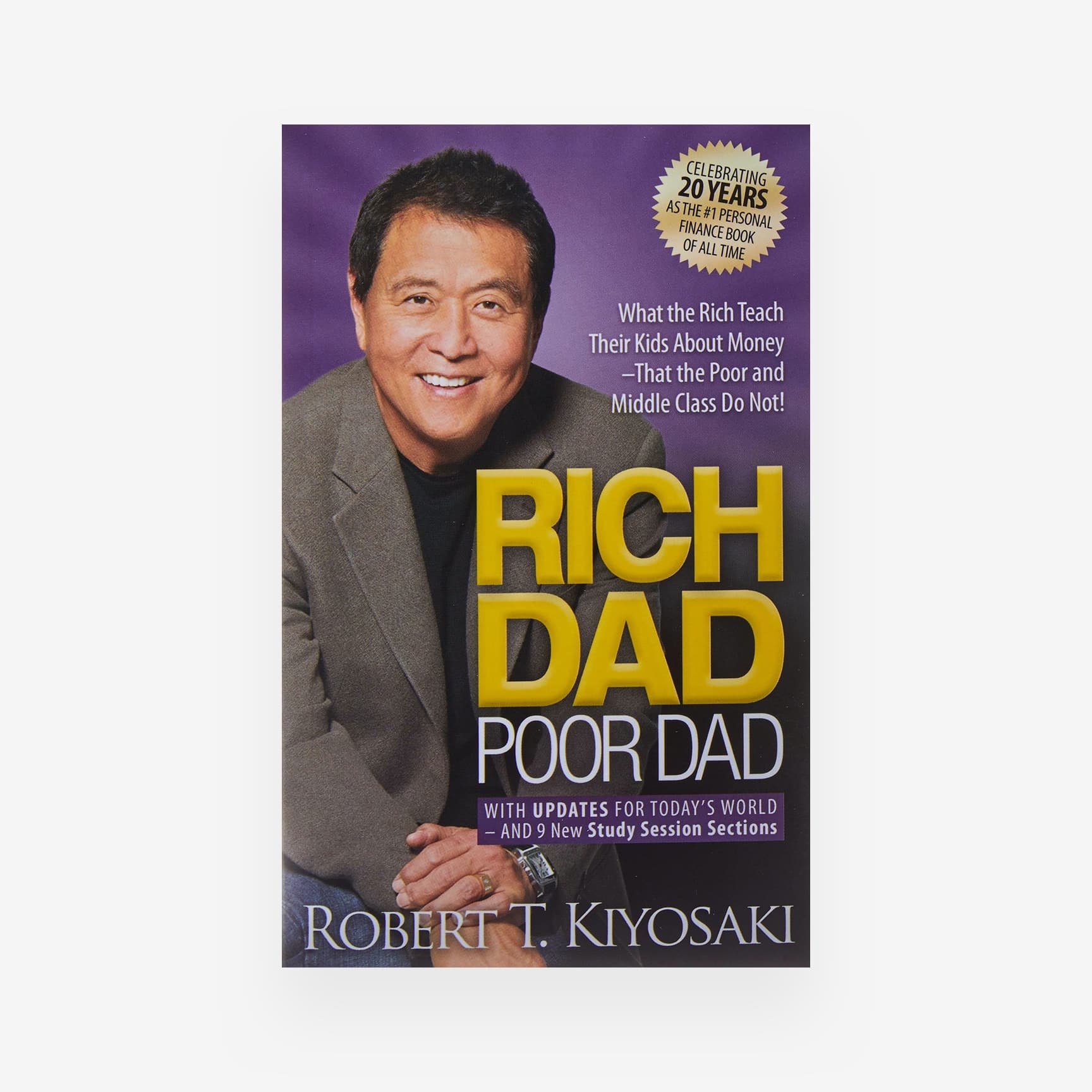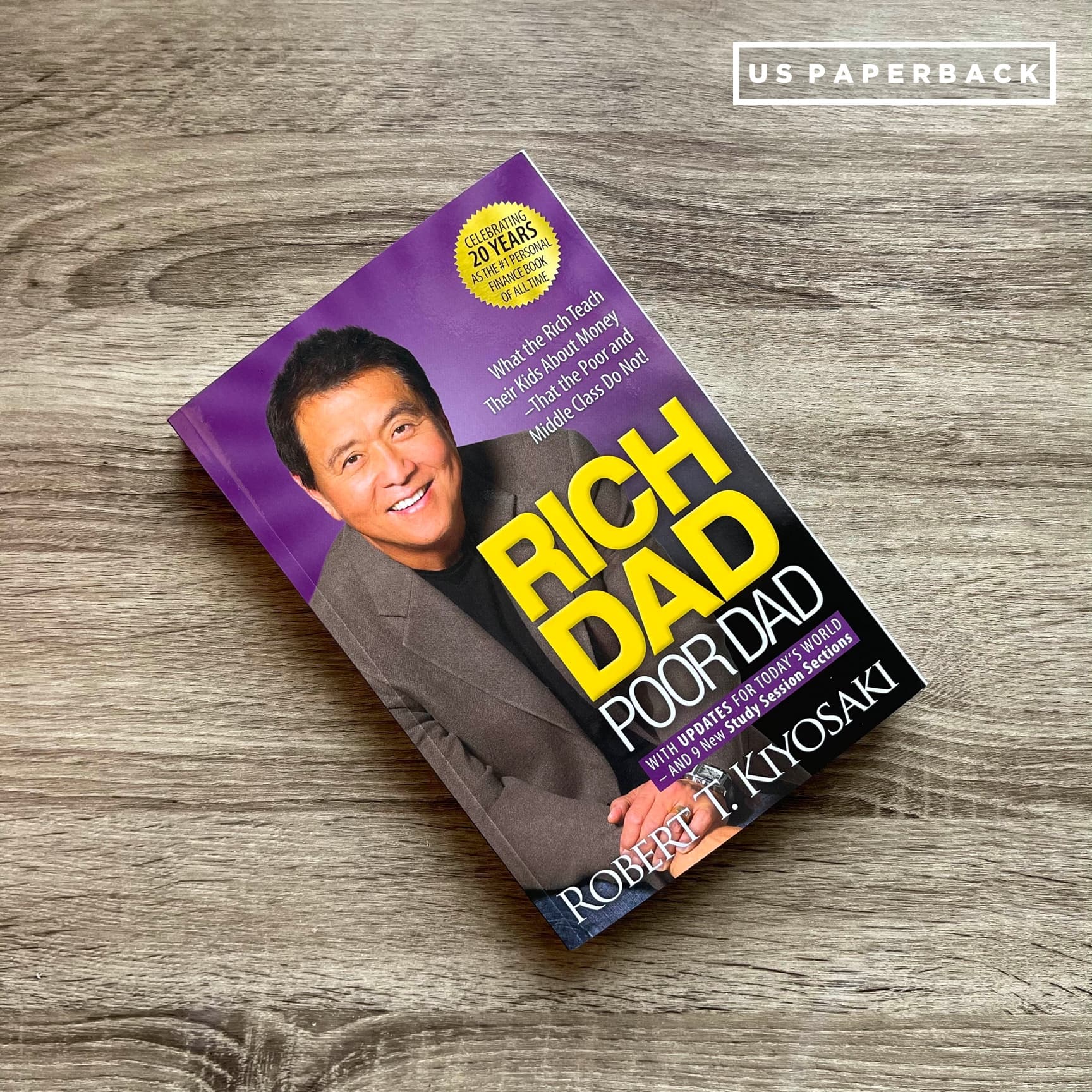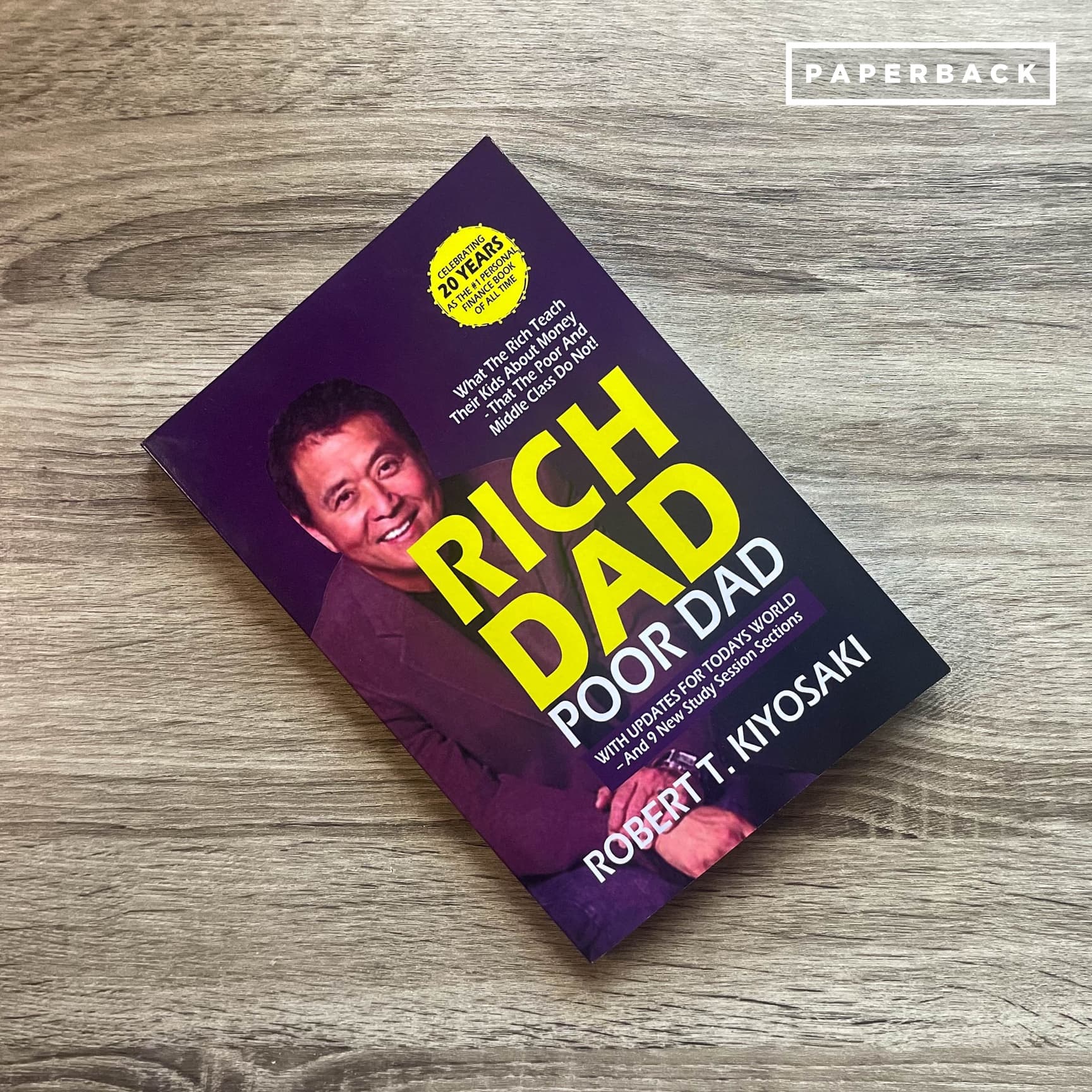Introduction
Few modern leaders have shaped Philippine politics as boldly—and as divisively—as Rodrigo Roa Duterte. Known for his iron-fisted style, raw rhetoric, and unapologetic stance on crime and drugs, Duterte captured the public’s imagination with a promise of order, change, and “tapang at malasakit” (courage and compassion). For some, he was a symbol of decisive leadership; for others, a figure of growing concern in the global human rights conversation. His story is one of deep contrasts: from a long-serving mayor in Mindanao to a president who sparked both fervent loyalty and fierce debate.
Quick Facts
-
Full Name: Rodrigo Roa Duterte
-
Date of Birth: March 28, 1945
-
Age: 80 (as of 2025)
-
Place of Birth: Maasin, Southern Leyte, Philippines
-
Nationality: Filipino
-
Education: Law Degree, San Beda College of Law
-
Profession: Lawyer, Politician
-
Political Affiliation: PDP–Laban (aligned with multiple coalitions over the years)
-
Key Roles: 16th President of the Philippines (2016–2022), Mayor of Davao City (1988–1998, 2001–2010, 2013–2016), Vice Mayor and Congressman
-
Spouse: Elizabeth Zimmerman (annulled); long-time partner Cielito “Honeylet” Avanceña
Early Life and Rise in Davao
Born into a political family, Duterte grew up in Davao and eventually became a prosecutor. He entered politics in the 1980s, serving as OIC vice mayor before being elected mayor of Davao City—a post he would hold for over two decades. Known for transforming Davao from a crime-ridden city into one of Mindanao’s safest, Duterte’s brand of governance emphasized order, discipline, and swift justice.
He became known as “The Punisher,” a nickname reflecting his zero-tolerance policy on crime and his alleged ties to extrajudicial anti-crime efforts—claims he never fully denied. Despite controversy, many Davaoeños credited him for the city’s progress, paving the way for his national appeal.
Presidency (2016–2022)
In 2016, Duterte made history by becoming the first president from Mindanao. Running on a platform of eradicating drugs, corruption, and inefficiency, he won by a landslide.
His presidency was marked by:
-
War on Drugs: A centerpiece of his administration, resulting in thousands of deaths and widespread criticism from international human rights groups.
-
Pivot to China: Rebalanced foreign policy with stronger ties to China while maintaining relations with traditional allies like the U.S.
-
Infrastructure Push: Launched the “Build, Build, Build” program, targeting large-scale development and economic growth.
-
COVID-19 Response: Led the country through the pandemic with mixed reviews, balancing lockdowns with social assistance.
His unfiltered language and off-script remarks became a hallmark of his public persona—often criticized, sometimes celebrated, but always commanding attention.
Legacy and Controversy
Duterte left office in 2022 with high domestic approval ratings, yet faced international scrutiny, particularly from the International Criminal Court (ICC) for alleged crimes against humanity linked to his drug war. While his supporters see him as a necessary disruptor, critics view him as a threat to democratic norms and rule of law.
Nonetheless, Duterte remains a powerful political figure, with his influence extending through his children—most notably Vice President Sara Duterte.
A Polarizing Legacy with Lasting Impact
Rodrigo Duterte’s legacy is as complex as the country he led. For many Filipinos, he delivered the kind of leadership they felt had long been absent—bold, fearless, and relatable. For others, he challenged the very ideals of justice and accountability. Whether admired or condemned, Duterte reshaped the nation’s political discourse and left a lasting imprint on Philippine governance. His story is one of grit, controversy, and undeniable influence—one that will continue to be debated for years to come.
